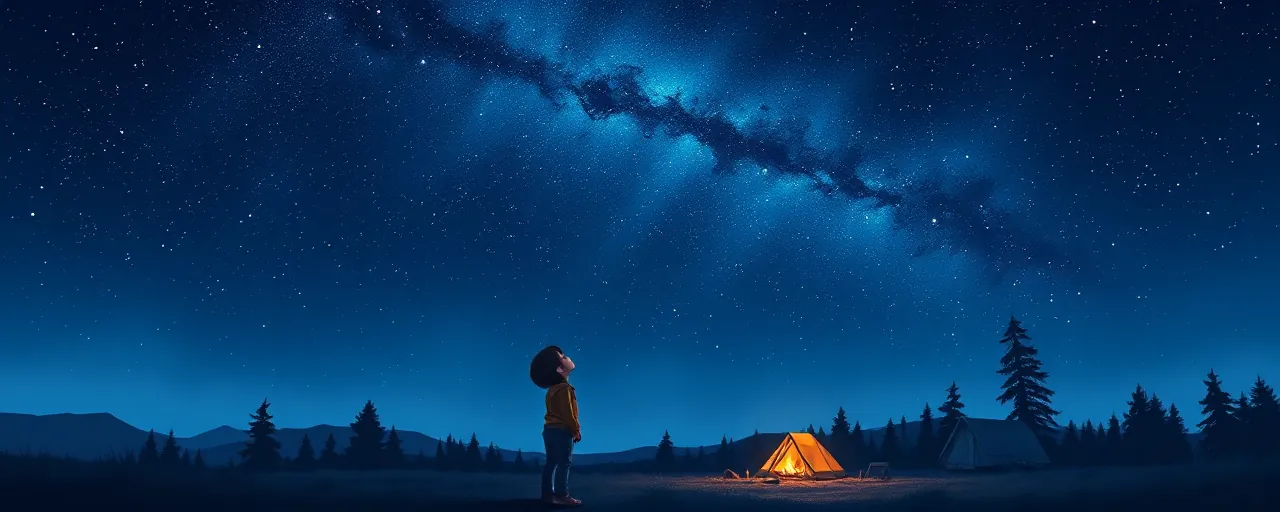A Sanctuary Awaits
New York’s sprawling forests, shimmering lakes, and rugged trails are calling. Governor Kathy Hochul announced that reservations for the state’s 119 public campgrounds are now open for the 2025 season, with most sites welcoming visitors by May 16. From the Adirondacks’ dense pines to the Thousand Islands’ serene shores, these campgrounds offer more than a getaway. They’re a lifeline to nature, a chance to breathe deeply, and a bold statement that access to the outdoors belongs to everyone, not just the privileged few.
This isn’t just about pitching a tent or roasting marshmallows. It’s about reclaiming balance in a world that often feels like it’s spinning too fast. Hochul’s push to expand camping access reflects a deeper truth: connecting with nature isn’t a luxury, it’s a necessity. For too long, the outdoors has been gatekept by cost, distance, or systemic barriers. New York’s campgrounds, with their affordable sites and inclusive programs, are dismantling those walls, inviting all to find solace in the wild.
Yet, this moment feels bittersweet. As the nation grapples with divisive leadership under President Donald Trump, whose administration has often prioritized resource extraction over conservation, New York’s commitment to public lands stands out. The state’s campgrounds aren’t just patches of dirt; they’re a defiant act of preservation, a promise to protect what makes us human. They remind us that nature’s embrace is universal, if only we fight to keep it that way.
The Power of Unplugging
Camping does something profound. As Randy Simons, Commissioner Pro Tem of New York’s Office of Parks, puts it, it’s about ‘restoring balance in our busy lives.’ Studies back this up: time in nature slashes stress, boosts mental clarity, and even strengthens community bonds. In 2023, over 175 million Americans flocked to outdoor activities, a record high, driven by a pandemic-fueled hunger for open spaces. New York’s campgrounds, with their diverse offerings from secluded tent sites to cozy waterfront cottages, cater to this craving, making it easier than ever to step away from screens and into the present.
But access isn’t just about availability; it’s about affordability and inclusion. New York’s reservation system, managed through ReserveAmerica, allows bookings up to nine months in advance, with clear pricing and a loyalty program that rewards repeat visitors. The 2025 New York Camping Guide, available online and in print, details over 8,500 campsites, ensuring even first-time campers can find their perfect spot. This transparency and flexibility matter, especially for families stretched thin by rising costs. A weekend under the stars shouldn’t break the bank, and New York ensures it doesn’t.
Contrast this with the barriers elsewhere. Nationwide, 100 million people, including 28 million children, live without a park within walking distance. Neighborhoods of color often have 44% less park space than white ones, a legacy of redlining and underinvestment. New York’s campgrounds, while not perfect, are a step toward equity, offering affordable escapes for urban dwellers and rural residents alike. Hochul’s ‘Unplug and Play’ initiative, part of her 2025 State of the State agenda, doubles down on this, funding playgrounds, swimming facilities, and community centers to bring recreation closer to those long left out.
An Economic and Moral Imperative
Beyond personal renewal, campgrounds fuel economic vitality. Outdoor recreation generated $1.2 trillion nationally in 2023, supporting 5 million jobs. In New York, state parks are economic engines, drawing millions of visitors who spend billions at local diners, gear shops, and lodges. Every dollar invested in these parks can yield up to $38 in economic activity. By expanding access, New York isn’t just preserving nature; it’s investing in communities, from the Catskills to the Finger Lakes, where small businesses thrive on camper dollars.
Some argue for slashing park budgets or privatizing lands, claiming it’s fiscally responsible. This view, often echoed by certain Republican leaders, misses the mark. Cutting funding starves parks of maintenance, limits access, and chokes local economies. In Florida, GOP lawmakers recently rejected plans to commercialize state parks with golf courses, recognizing that public lands are for people, not profit. New York’s approach, by contrast, prioritizes long-term stewardship over short-term gains, ensuring these spaces remain vibrant for generations.
Hochul’s vision aligns with a broader movement. The Great American Outdoors Act, passed with bipartisan support, funnels $900 million annually into park infrastructure. Yet, as federal priorities shift under Trump, who has historically favored deregulation, states like New York must lead. By investing in campgrounds and recreation, the state not only boosts its economy but also upholds a moral duty to make nature accessible to all, regardless of income or background.
A Future Worth Fighting For
New York’s campgrounds are more than a destination; they’re a declaration. They say that nature is a right, not a privilege, and that every child, worker, and retiree deserves a chance to stand beneath a canopy of stars. Hochul’s initiatives, from NY SWIMS to NY PLAYS, weave equity into the fabric of outdoor access, addressing historical wrongs and building a future where no one is left behind.
As the 2025 camping season approaches, the choice is clear. We can embrace a vision that values nature, community, and fairness, or we can let shortsighted cuts and privatization erode what makes New York extraordinary. Book a campsite, pack a bag, and join the fight for a world where everyone can unplug, play, and find peace in the wild. The forest is waiting.
